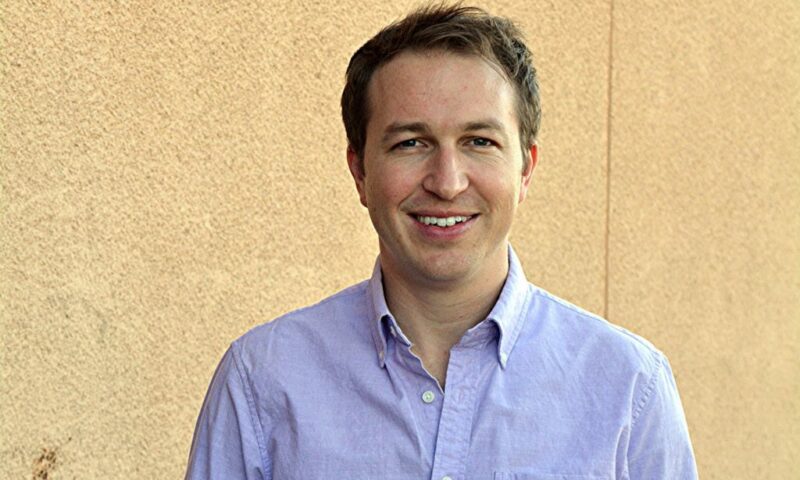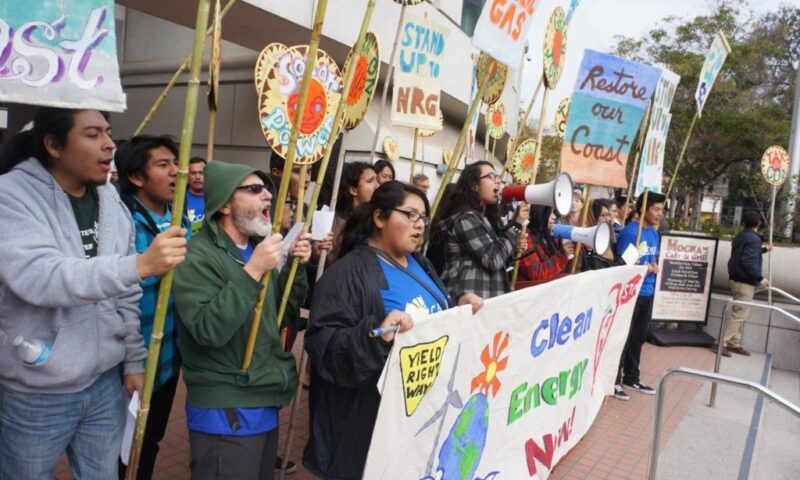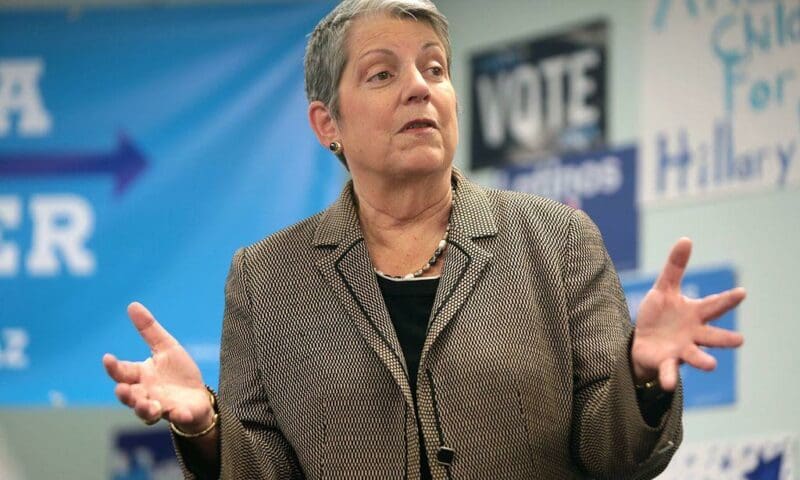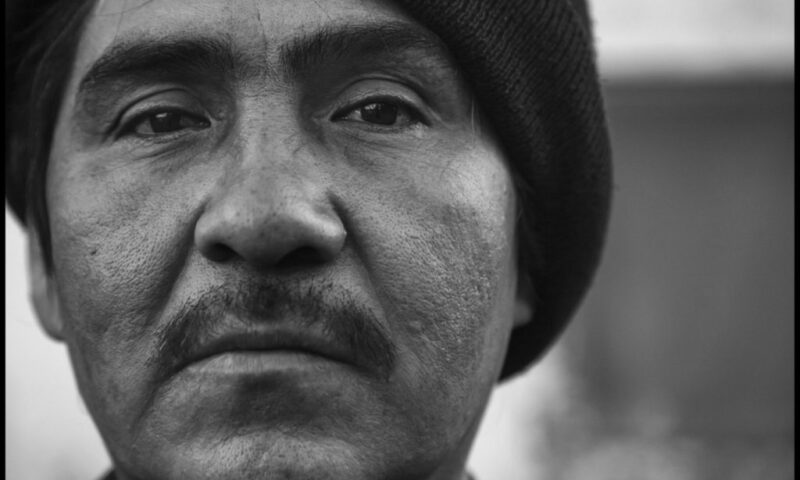LATEST NEWS


Promise after promise was broken when it came to protecting Sacramento’s workers and the public from lead hazards from a contaminated gun range housed in an aging recreational building.


By cutting hundreds of millions of dollars in federal funding for mental health care and substance abuse treatment, President Trump’s budget would send more people to jail who don’t belong there.


A Shakespeare in the Park production of Julius Caesar has made an unexpected leap from Central Park’s outdoor Delacorte Theater to the echo chamber of right-wing media.


From making health care more affordable to this group, to allowing new college grads to stay on their parents’ insurance as they tinker with market-shaping innovations and ideas in their parents’ garages, the Affordable Care Act has been a game changer for entrepreneurship.


A fight over sanctuary cities is brewing in one of them — tiny Cudahy, located in Southeast Los Angeles County. Anti-immigrant groups hope to choke off municipal funds to punish the city, even if the Trump administration fails in its attempts to do so. BY ROBIN UREVICH


For over three years filmmaker/journalist Kelly Candaele has been documenting the construction of the Wilshire Grand Center, whose tower rises 1,100 feet into the air, making it the tallest building west of the Mississippi.


On June 15, 2003, years before Los Angeles had its first CicLAvia event, several thousand bikers and pedestrians descended upon the Pasadena Freeway for a bike and walk ride on the freeway. The event, called ArroyoFest, demonstrated the emerging capacity of L.A.’s bike groups.


A low-turnout Los Angeles election, which set a new record as the most expensive school board contest in U.S. history, resulted in a 57-43 percent victory margin for an affable defender of “school choice.”


In 2015 California’s Coastal Commission granted a permit to bury 3.6 million pounds of highly radioactive material along the coastline, right next to the iconic stretch of surfing spots known as Trestles. Since then environmentalists have been urging the commission to reverse itself.


The Cadiz project claims that pumping from the groundwater basin would not affect any springs in the Mojave Preserve. But no one seriously believes that enough water drains into the desert to replenish an ecosystem that gets an annual four to 10 inches of rainfall.


A long-beleaguered Central Coast city fights plans for a new natural gas power plant.


Set in Northern California, Dorothy Fortenberry’s Species Native to California is an ambitious effort that embraces Chekhovian themes and magical realism, but the effort comes off as more contrived than organic.


Co-published by Fast Company
As news broke Thursday that President Trump would pull out of the Paris climate agreement, California Gov. Jerry Brown was packing his bags for China to attend a convocation of multinational energy policy makers called the Clean Energy Ministerial.


Co-published by International Business Times
The single-payer health care bill California’s Senate will vote on this week could result in significant savings for the state’s businesses and residents, according to an economic analysis commissioned by the bill’s supporters and released Wednesday.


UC President Janet Napolitano had once seemed ready to raise working standards, but today, say her critics, she runs the 10-campus system like a business.


Most people don’t realize that when corporations are hit with massive punitive-damage awards, they actually pay far less than the amounts reported in news accounts. The financial sting of those awards can be eased because companies can deduct the amount paid from their taxes.


The stories of the more than 800,000 men, women and children working in California’s fields—one-third of the nation’s agricultural work force—are rarely heard. A new book, Chasing the Harvest, presents oral histories of people whose lives have been shaped by California agriculture.


The Commune a drama by film director Thomas Vinterberg, who himself grew up in a communal house in Denmark, explores the fun and sometimes nightmare of building a sustaining community of unrelated adults and kids.


When writer and veteran union organizer David Bacon speaks of “people who travel with the crops,” he means the agricultural workers who move from place to place to cultivate and harvest California’s fields. They are also the subject of his newest work of photojournalism.


Hear reporter Robin Urevich speak on WNYC/PRI’s The Takeaway program about what she discovered during a recent visit to ICE’s Adelanto Detention Facility.